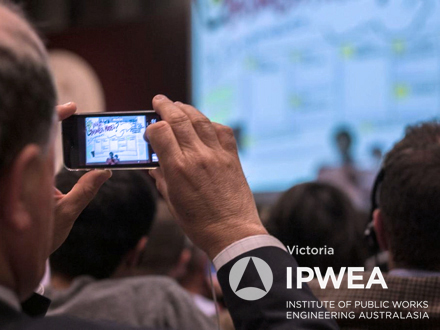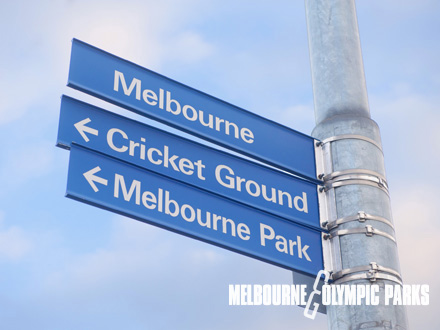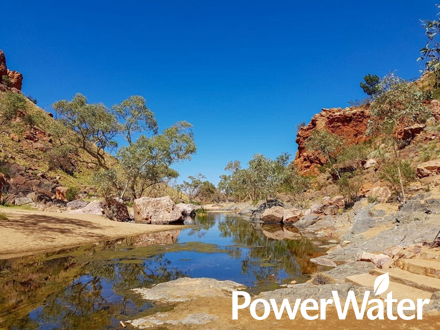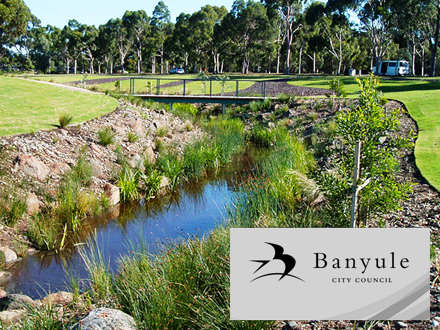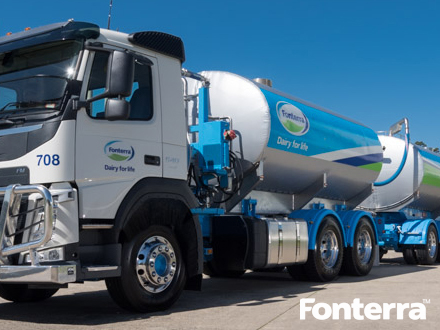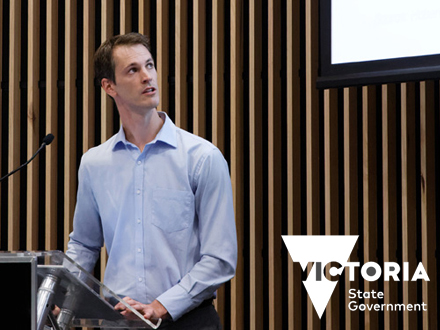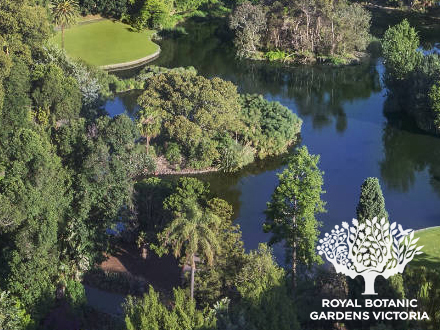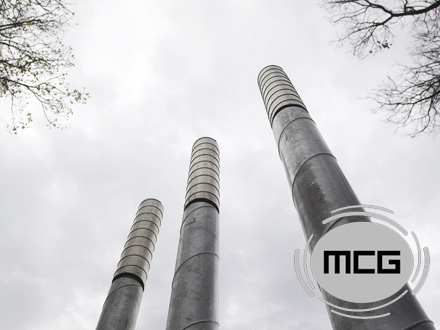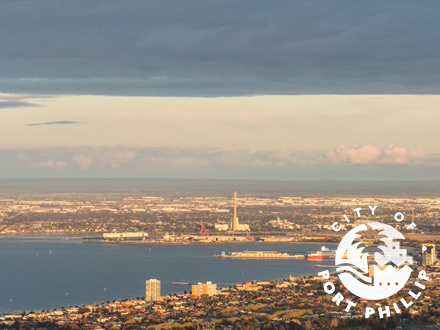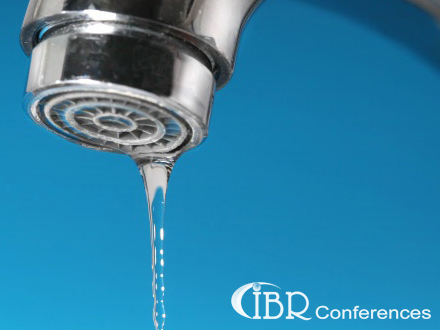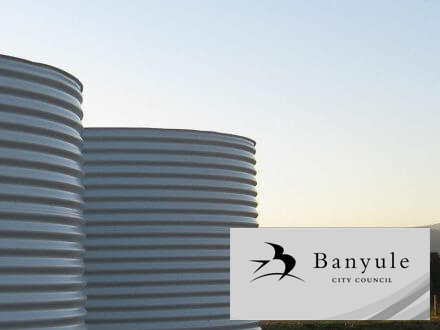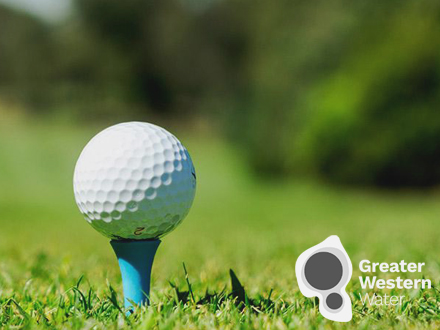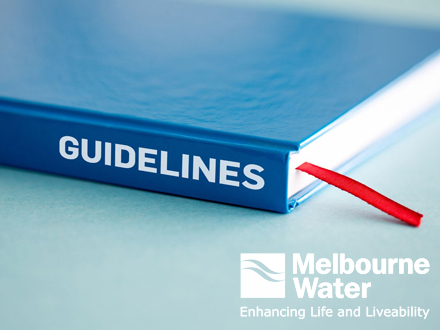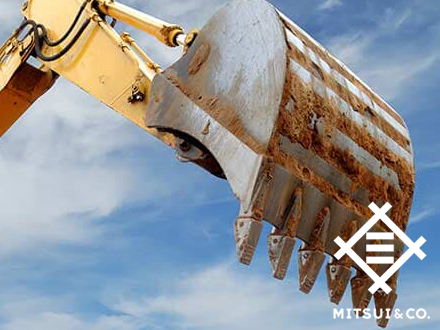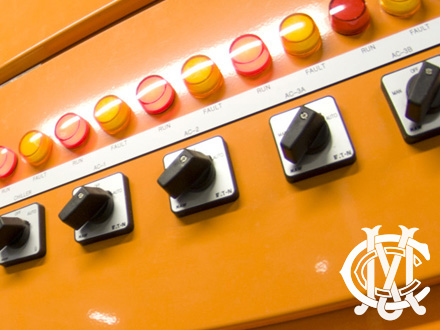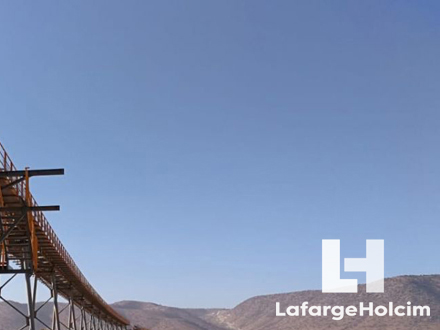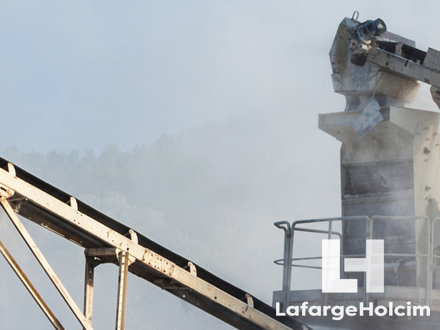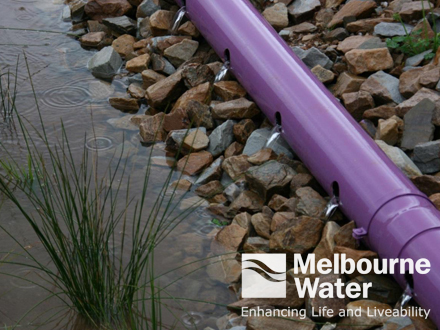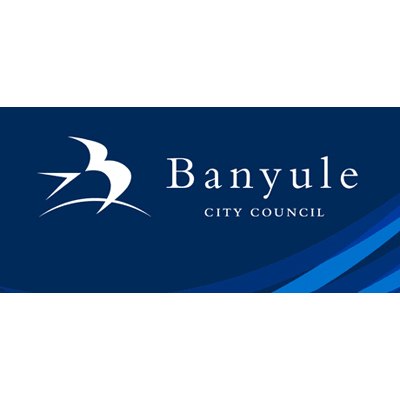
City of Banyule WSUD
WSUD for Banyule
The implementation of Water Sensitive Urban Design (WSUD) faces unique challenges specific to its geographical and urban context. Located in the northern suburbs of Melbourne, Banyule needs to balance a growing population, urbanization, and increasing demands for water resources.
One of the primary challenges in Banyule is managing stormwater runoff during heavy rainfall events. The region's urban development has led to increased impervious surfaces, limiting the natural infiltration of rainwater and groundwater recharge. As a result, stormwater can accumulate rapidly, posing risks of urban flooding and straining the existing drainage infrastructure. WSUD initiatives, such as rain gardens, wetlands and bioretention basins, are essential to capture and treat stormwater runoff, helping to reduce the impact of urbanization on local waterways and ecosystems.
Another significant challenge is preserving stormwater runoff quality in the face of urban expansion. As Banyule continues to grow, the potential for pollution and contamination of water bodies increases. WSUD practices play a vital role in filtering pollutants and enhancing water quality. However, maintaining and monitoring these systems requires ongoing commitment and resources from the council and the community.
Water scarcity is also a concern especially during drought periods. The reliance on traditional water sources may strain local supplies, necessitating the exploration of alternative water sources. Implementing water harvesting and reuse systems, such as rainwater tanks and stormwater harvesting, becomes crucial in meeting non-potable water demands and reducing pressure on limited water resources.
Engaging the community and encouraging widespread adoption of WSUD practices, raising awareness about water conservation, promoting behavior change, and overcoming resistance to new water management approaches require active outreach and education efforts.
Operation and Maintenance of WSUD Infrastructure
IV Water has played a significant role in the successful implementation of Water Sensitive Urban Design (WSUD) initiatives. As a prominent water management and engineering consultancy, IV Water has collaborated with Banyule council to address water-related challenges and develop sustainable solutions that enhance the region's water efficiency and environmental resilience.
IV Water's involvement in Banyule WSUD projects has been multifaceted, encompassing various aspects of planning, design, and implementation. Company expertise in water-sensitive urban design has been instrumental in developing innovative stormwater management strategies tailored to Banyule's unique urban and environmental context.
One of the key contributions by IV Water has been the designdesign, operational advice and enhancement of water recycling and reuse systems throughout the Banyule region. These systems include rainwater harvesting, greywater recycling, stormwater capture and treatment, aimed at reducing the demand for potable water and conserving valuable water resources. By utilizing treated recycled water for non-potable uses such as irrigation and toilet flushing, IV Water has helped reduce the strain on Banyule's drinking water supply, benefiting both the community and the environment.
Moreover, IV Water has been actively involved in conducting assets audits for the WSUD features implemented in Banyule. Regular monitoring and assessment of the infrastructure are vital to ensure its effective functioning and identify any maintenance or improvement needs. Through their diligent assets audits, IV Water ensures that the WSUD systems continue to perform optimally, enhancing water quality and mitigating urban flooding risks.
- Assets audit
- Sediment mapping and contamination
- Recommendations on optimal maintenance regime
The assets audit and sediment contamination testing were carried out at four WSUD sites within Banyule Council to determine the level of contamination for different parts of the stormwater management system, assess sediment types broadly, estimate sediment extraction volumes and measure water depths.
The sediment samples in wetlands and ponds were taken at intervals of 4 - 5 metres and analysed to inform the development of the optimal method for asset cleaning with an accent on safety.
The Findings and Recommendations reports had been issued to the Council outlining the water and sediment depths, disposal volumes for cleaning, cleaning priorities and work methods and disposal and recycling options.
